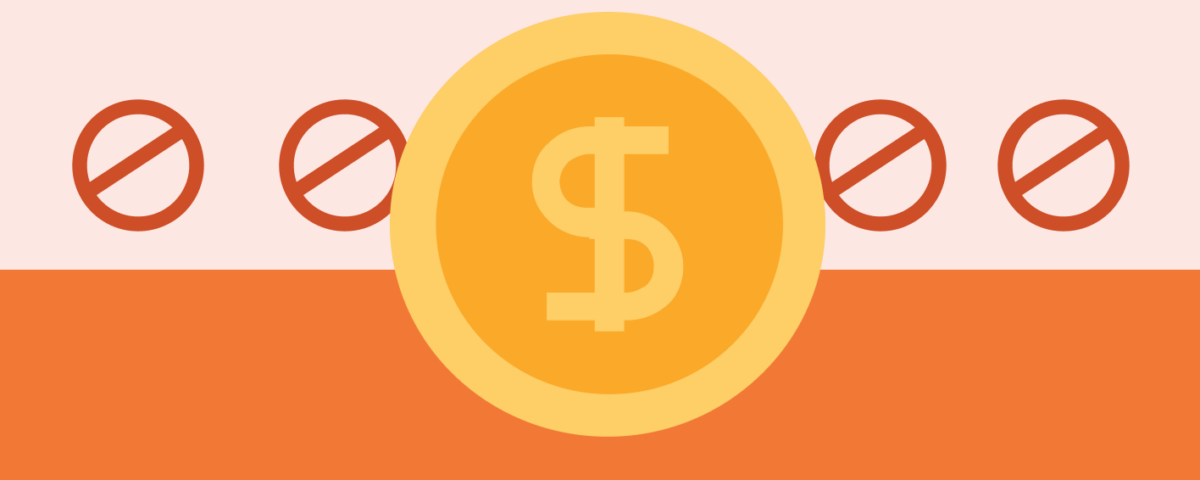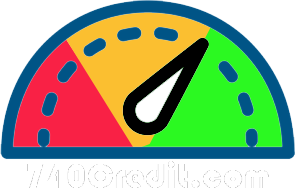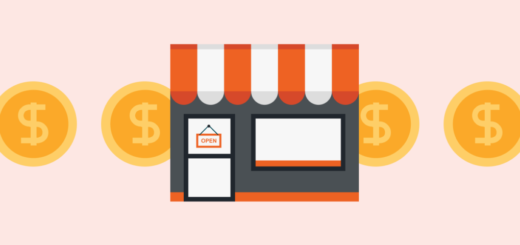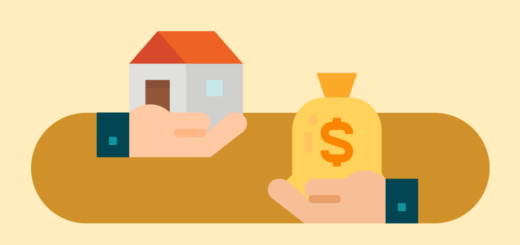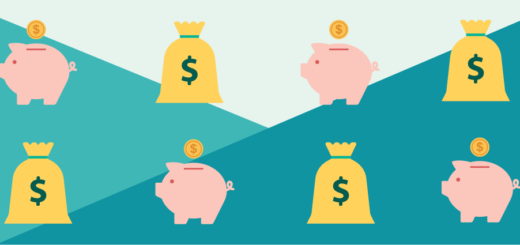5 Best Personal Loans With No Origination Fee
Our goal is to give you the tools and confidence you need to improve your finances. Although we receive compensation from our partner lenders, whom we will always identify, all opinions are our own. Credible Operations, Inc. NMLS # 1681276, is referred to here as “Credible.”
A personal loan could help you cover a variety of expenses, such as home improvements or medical bills. In some cases, lenders charge fees on personal loans that might increase your overall repayment cost.
One of the most common personal loan fees is an origination fee, which is deducted from your loan amount before you receive your funds. However, there are also some lenders that don’t charge origination fees.
Here’s what you should know about no-origination-fee personal loans and where to find them:
5 best personal loans with no origination fees
Before you take out a personal loan, it’s important to compare as many lenders as possible. This way, you can find the right loan for your needs — such as a loan without an origination fee.
Here are Credible’s partner lenders that offer no-origination-fee personal loans:
| Lender | Fixed rates | Loan amounts | Min. credit score | Loan terms (years) |
|---|---|---|---|---|
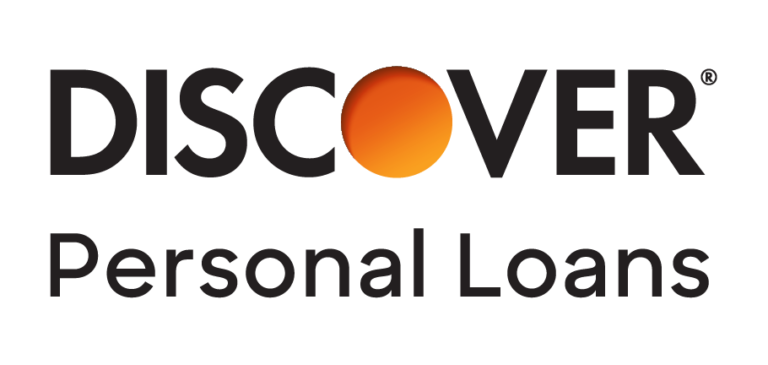 |
5.99% – 24.99% APR | $2,500 to $35,000 | 660 | 3, 4, 5, 6, 7 |
|
||||
 |
2.49% – 19.99% APR | $5,000 to $100,000 | 660 | 2, 3, 4, 5, 6, 7 (up to 12 years for home improvement loans) |
|
||||
| 6.99% – 19.99% APR1 | $3,500 to $40,0002 | 660 (TransUnion FICO®️ Score 9) |
3, 4, 5, 6, 7 | |
|
||||
 |
5.99% – 17.99% APR | $600 to $50,000 (depending on loan term) |
660 | 1, 2, 3, 4, 5 |
|
||||
 |
5.99% – 18.83% APR | $5,000 to $100,000 | Does not disclose | 2, 3, 4, 5, 6, 7 |
|
||||
Discover
Best for: Longer repayment terms
If you’re looking for a personal loan with a longer repayment term, Discover could be a good choice — you can borrow $2,500 to $35,000 with terms from three to seven years. Just keep in mind that if you pick a longer term, you’ll pay more in interest over time.
Pros
- Repayment terms up to 7 years
- Accepts fair credit scores
- Fast loan funding
Cons
- Charges late fees
- No discounts offered
- Can only borrow up to $35,000
LightStream
Best for: Large loan amounts
With LightStream, you can borrow $5,000 to $100,000 — which could make it a good option if you need a large loan. Most LightStream loans come with terms from two to seven years, but if you use your loan for home improvements, you could have up to 12 years to repay it.
Pros
- Can borrow up to $100,000
- Fast loan funding
- Accepts fair credit scores
Cons
- Must borrow at least $5,000
- Doesn’t disclose minimum income requirements
- Not available in Rhode Island or Vermont
Marcus
Best for: Budget-friendly payment options
With Marcus, you can borrow $3,500 to $40,000 with terms from three to six years. Marcus also offers tailored monthly payment options that could help you fit your payment more easily into your budget.
Plus, after you’ve made at least 12 consecutive, on-time payments, Marcus will let you defer one monthly payment interest-free.
Pros
- Accepts fair credit scores
- Tailored monthly payment options
- Can defer one monthly payment interest-free after making 12 consecutive, on-time payments
Cons
- Funding could take longer compared to other lenders
- $30,000 minimum income requirement
- Can only borrow up to $40,000
PenFed
Best for: Smaller loan amounts
If you need to borrow just a small amount, PenFed could be a good choice — you can borrow as little as $600 up to $50,000 with terms from one to five years.
Keep in mind that while you don’t need to be a PenFed member to apply for a loan, you’ll have to join the credit union if you are approved and want to accept the loan.
Pros
- Can borrow as little as $600
- Fair credit scores accepted
- Allows cosigners on personal loans
Cons
- Must join the credit union if you are approved and want to accept the loan
- Doesn’t disclose minimum income requirements
- Loans are disbursed through the mail, which could make funding time longer compared to other lenders (unless you pay an expedited shipping fee)
SoFi
Best for: Borrower perks
SoFi is another lender that offers large loans — you can borrow $5,000 to $100,000 with terms from two to seven years. Additionally, SoFi borrowers have access to a variety of perks, such as unemployment protection, career coaching, and investing advice.
Pros
- Can borrow up to $100,000
- Allows cosigners on personal loans
- Borrower perks, such as unemployment protection and investing advice
Cons
- Doesn’t disclose minimum credit requirements
- Doesn’t disclose minimum income requirements
- Not available in Mississippi
Methodology
To find the “best companies,” Credible looked at loan and lender data points from 10 categories to give you a well-rounded perspective on each of our partner lenders. Here’s what we considered:
- Interest rates
- Repayment terms
- Repayment options
- Maximum loan amount
- Loan funding time
- Fees
- Discounts
- Customer service availability
- Whether the minimum credit score is available publicly
- Whether consumers could request rates with a soft credit check
Our hope is that this will be a win-win situation for you and us — we only want to get paid if you find a loan that works for you, not by selling your data. This means Credible will only get paid by the lender if you finish the loan process and a loan is disbursed. Additionally, Credible charges you no fees of any kind to compare your loan options.
Learn More: Low-Income Loans: Personal Loans for a Tight Budget
Other personal loans to consider
Here are more personal loan companies we evaluated. Keep in mind that these lenders aren’t offered through Credible, so you won’t be able to easily compare your rates with them on the Credible platform like you can with our partner lenders listed above.
Also note that the loans offered by these lenders might come with origination fees.
| Lender | Loan terms (years) | Loan amount | Best for |
|---|---|---|---|

|
2, 3, 4, 5 | $3,000 – $50,000 (depending on relationship with HSBC Bank) |
HSBC: Best for existing HSBC customers |
|
|||
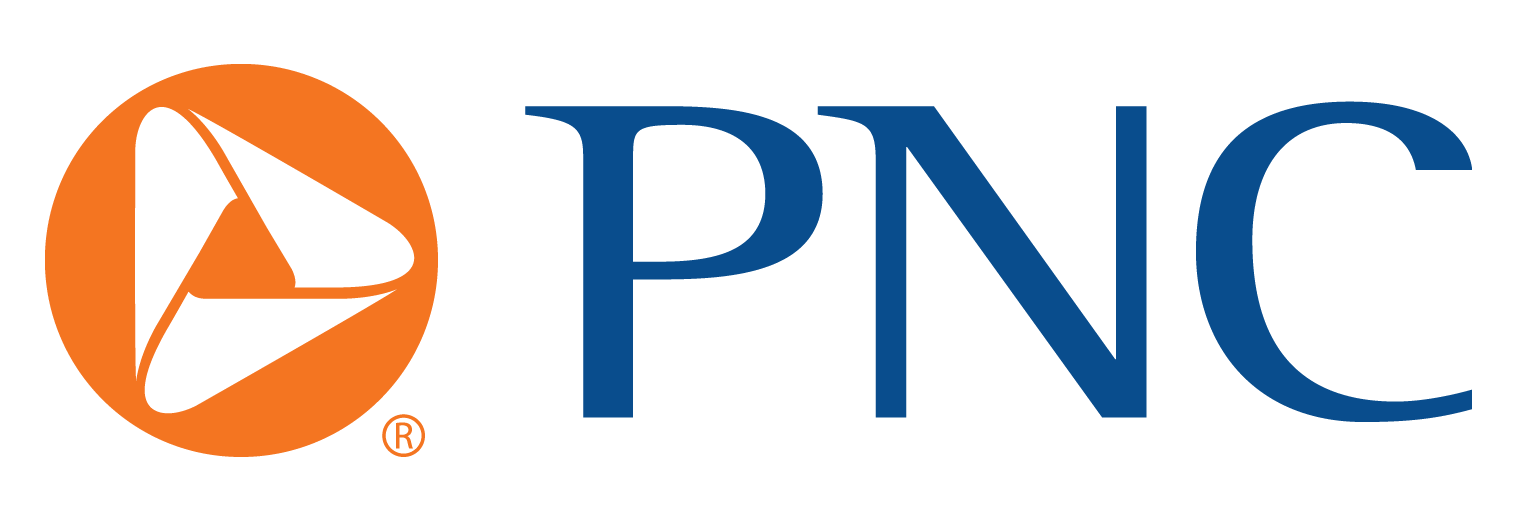
|
3 | $1,000 – $35,000 | PNC: Best for small loan amounts |
|
|||
| 3, 5 | $2,000 – $45,000 | Rocket Loans: Best for quick loan funding | |
|
|||
| The lenders in this table aren’t our partners. But you can use Credible to compare rates in 2 minutes from other lenders who offer personal loans. | |||
What is an origination fee?
A loan origination fee is the price the lender charges for offering the loan. This fee can include the costs of processing your application, underwriting, funding, and other associated administrative services.
Personal loan origination fees generally range from 1% to 8% of your loan amount, depending on the lender. For example, if you took out a $5,000 loan with a 5% origination fee, you’d be charged $250.
In this case, the actual fee you’re charged will depend on several factors, such as your credit and income.
Check Out: Coronavirus Hardship Loans: 7 Options to Consider
Other personal loan fees to consider
In addition to origination fees, there are also other costs that could come with taking out a personal loan, depending on the lender. Some of these potential fees include:
- Application fees: These are charged when you apply for a loan — before you get an approval decision. This type of fee can range from $25 to $50.
- Late fees: These are assessed if you make a past-due payment. On average, late fees can range from $25 to $50 or from 3% to 5% of the monthly payment amount.
- Returned check fees: These are charged if you make a loan payment that’s returned for insufficient funds. These typically range from $20 to $50.
- Payment protection insurance: This is a type of insurance that will cover your loan payments if you’re unable to work. Not all lenders offer payment protection insurance (PPI), but those that do might encourage you to sign up — however, keep in mind that it isn’t required. If you opt to get PPI, you’ll typically pay about 1% of your loan amount.
- Prepayment penalties: These are assessed if you pay off your loan ahead of schedule. These are typically 2% to 5% of the loan amount. Keep in mind that if you take out a personal loan with any of Credible’s partner lenders, you won’t have to worry about prepayment penalties.
You can estimate how much you’ll pay for a loan using our personal loan calculator below.
Enter your loan information to calculate how much you could pay
With a $ loan, you will pay $ monthly and a total of $ in interest over the life of your loan. You will pay a total of $ over the life of the loan.
How to take out a no-origination-fee personal loan
If you’re ready to take out a personal loan, follow these four steps:
- Research and compare lenders. Be sure to consider as many personal loan lenders as possible to find the right loan for your situation. Compare not only interest rates but also repayment terms and eligibility requirements. If you’re looking to avoid origination fees with your loan, also make sure to check into any fees charged by the lenders you’re considering.
- Pick a loan option. After you’ve done your lender research, choose the loan option that best suits your needs.
- Complete the application. Once you’ve chosen a lender, you’ll need to fill out a full application and submit any required documentation, such as tax returns or pay stubs.
- Get your funds. If you’re approved, the lender will have you sign for the loan so your money can be released to you. The time to fund for a personal loan is usually about one week — though some lenders will fund loans as soon as the same or next business day after approval.
Learn More: Best Personal Loans for Fair Credit
How to keep your personal loan costs as low as possible
Although you might be able to avoid personal loan fees with certain lenders, you’ll still typically need to pay interest on your loan. Interest is essentially the cost of borrowing money and is the main factor that will impact your total repayment costs.
However, there are a few strategies that could help keep these personal loan costs as low as possible, such as:
Have good credit
You’ll typically need good to excellent credit to qualify for a personal loan. A good credit score is usually considered to be 700 or higher. There are also several lenders that offer personal loans for bad credit, but these loans usually come with higher interest rates and fees compared to good credit loans.
The lender will also consider your credit score to determine your interest rate. In general, the higher your credit score, the better your interest rate — and the less you’ll pay overall on your loan.
For example, you might be able to improve your credit over time by making on-time payments on all of your bills, paying down credit card balances, or taking out a credit-builder loan.
Apply with a cosigner
If you have bad credit, having a creditworthy cosigner could make it easier to get approved for a loan. Not all lenders allow cosigners on personal loans, but some do — including no-origination-fee personal loan lenders like LightStream, PenFed, and SoFi.
Even if you don’t need a cosigner to qualify, having one could get you a better interest rate than you’d get on your own — which could help you keep your overall costs lower.
Choose a short repayment term
While picking a longer repayment term could get you a lower monthly payment, you’ll also pay more in interest over time. Because of this, it’s usually a good idea to choose the shortest term you can afford — this way, you can keep your interest costs as low as possible.
Comparing lenders
Taking your time to shop around and compare as many lenders as possible can help you find the most cost-effective loan for your financial needs. In addition to personal loan interest rates, be sure to consider repayment terms and any fees charged by the lender.
Credible make it easy to compare lenders: You can see your prequalified rates from multiple lenders in just two minutes.
Ready to find your personal loan?
Credible makes it easy to find the right loan for you.
Find My Rate
Checking rates won’t affect your credit
